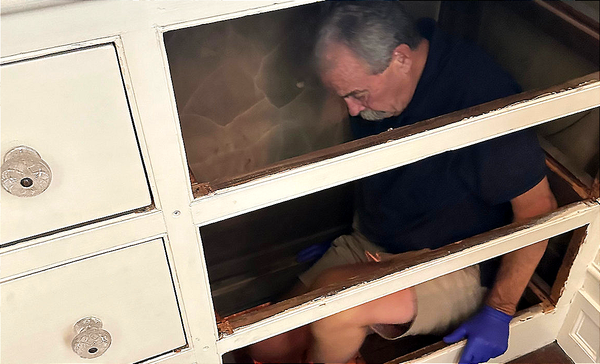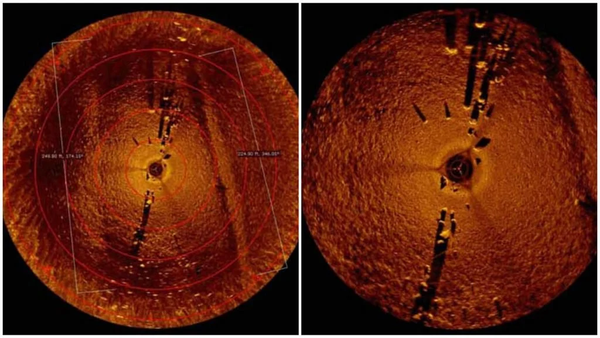What do you do after you accidentally kill a child?
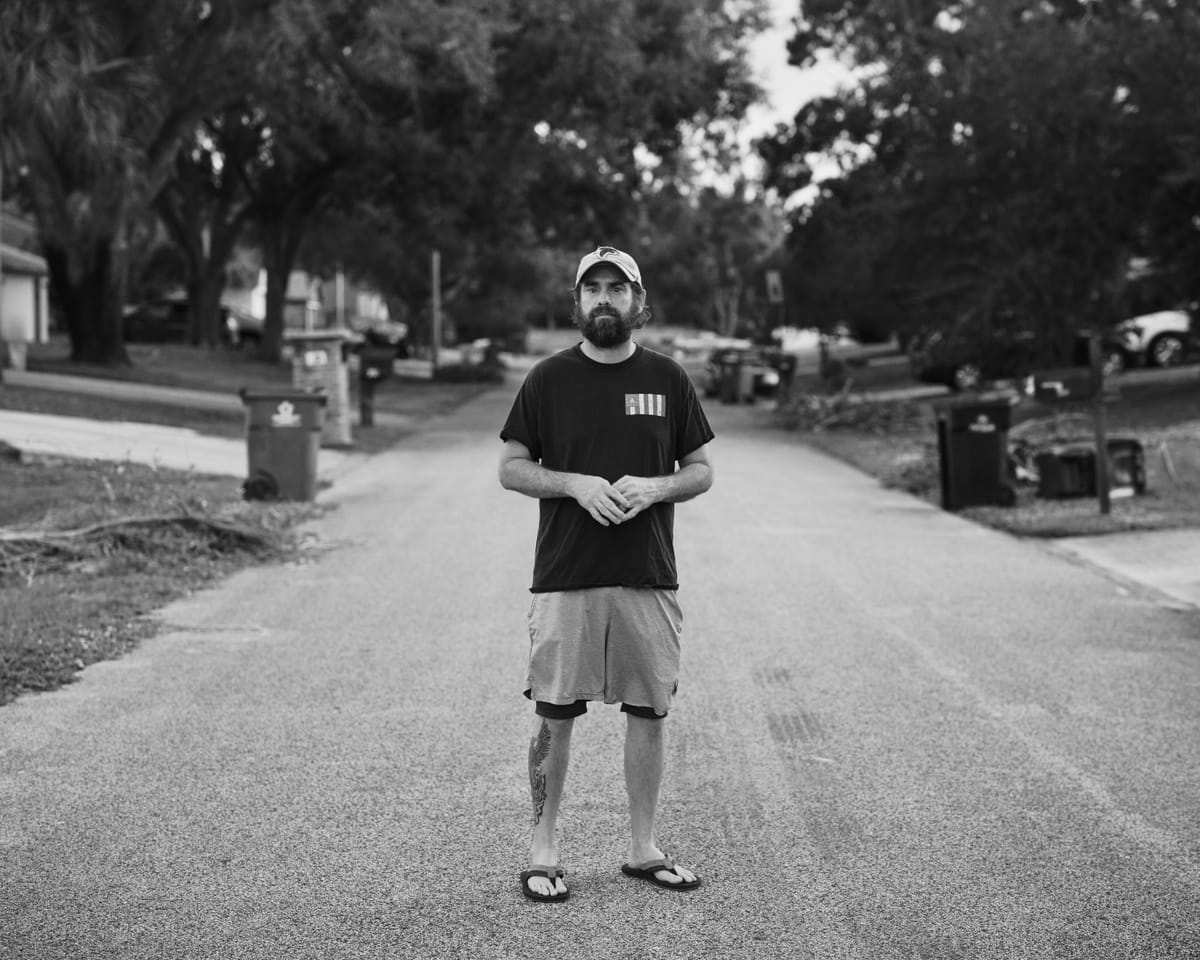
From Sunday Long Read: "One, two, three deliveries of McDonald’s and Dunkin’ and Hardee’s and whatever else the app tells him to deliver and Ryan Nickerson is driving home having pocketed a whole $2.25 an order for his labor. Gas is $4.30 a gallon. He’s 37 and between jobs. Since he moved from Georgia to Florida, after it happened, work’s been hard to come by. Work’s been hard to keep, too, after it happened. Five years ago next week. He dreads the anniversary. The girl hit the front left bumper. And then she rolled beneath the back left tire. There’s still a scratch where she hit. He looks at it every day. For a long time he couldn’t bear to drive the thing, but what else could he do? He was behind on payments. He couldn’t afford to get rid of it. It has 150,000 miles on it now. It’s paid off. He can sell it but doesn’t want to. It’s as if she is still alive, still with him. Was she afraid? She was 10."
The "placebo effect" may not be real

From Carcinisation: "The current scientific consensus is that the placebo effect is a real healing effect operating through belief and suggestion. The evidence does not support this. In clinical trials of treatments, outcomes in placebo and no-treatment arms are similar, distinguishable only in tiny differences on self-report measures. Placebo-focused researchers using paradigms designed to exploit demand characteristics (politeness, roleplaying, etc.) produce implausibly large effects. There is no evidence that placebos have effects on objective outcomes like wound healing. Three sources purport to show that the placebo effect is a real, objective phenomenon, but the brain imaging studies do not demonstrate an objective effect, but are rather another way of measuring “response bias,” as subjects are capable of changing these measures voluntarily.
Hi everyone! Mathew Ingram here. I am able to continue writing this newsletter in part because of your financial help and support, which you can do either through my Patreon or by upgrading your subscription to a monthly contribution. I enjoy gathering all of these links and sharing them with you, but it does take time, and your support makes it possible for me to do that. And I appreciate it, believe me!
Oldest known alphabet unearthed in ancient Syrian city
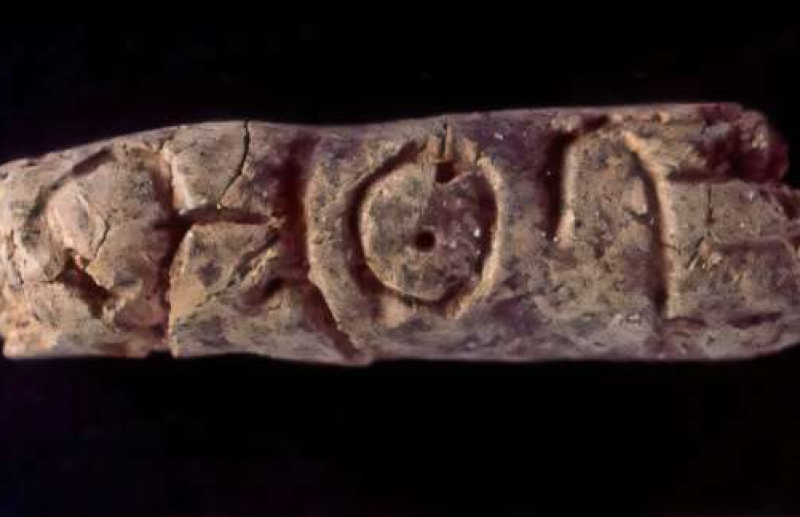
From Phys.org: "What appears to be evidence of the oldest alphabetic writing in human history is etched onto finger-length, clay cylinders excavated from a tomb in Syria by a team of Johns Hopkins University researchers. The writing, which is dated to around 2400 BCE, precedes other known alphabetic scripts by roughly 500 years, upending what archaeologists know about where alphabets came from, how they are shared across societies, and what that could mean for early urban civilizations. At Umm-el Marra, the archaeologists uncovered tombs dating back to the Early Bronze Age. One of the best-preserved tombs contained six skeletons, gold and silver jewelry, cookware, a spearhead, and intact pottery vessels. Next to the pottery, the researchers found four lightly baked clay cylinders with alphabetic writing."
How France uncovered the mystery of the forbidden photos of Nazi-occupied Paris
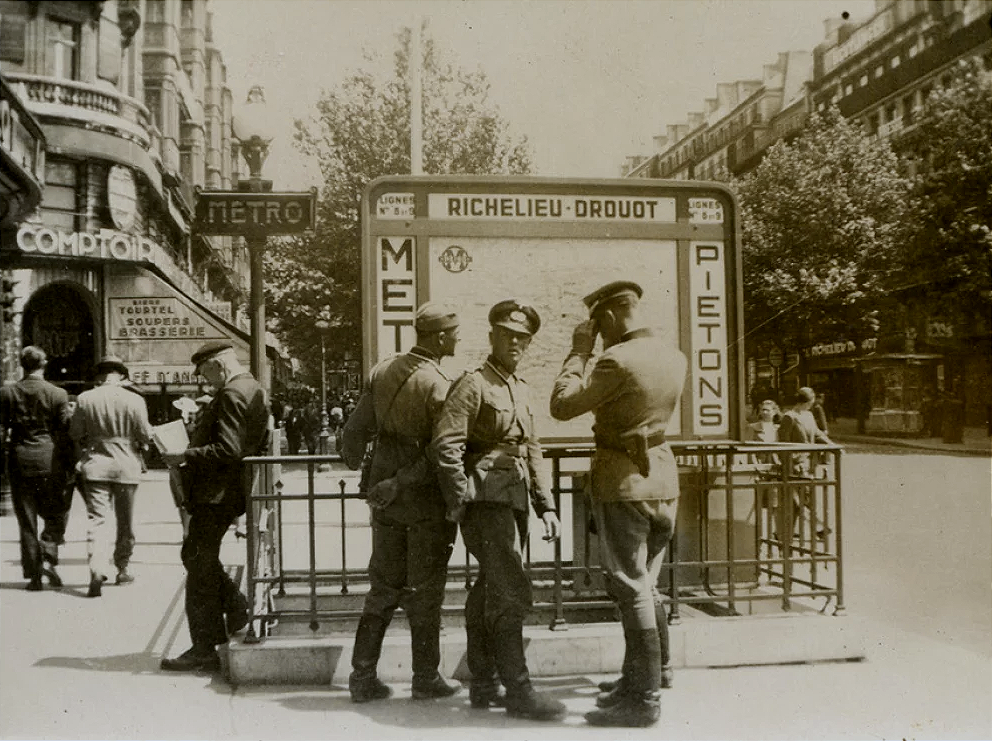
From NPR: "The search for the unknown photographer began in the summer of 2020, with the discovery of an old photo album at a flea market in the town of Barjac, in the south of France. Inside the album were 377 black-and-white photos taken between 1940 and 1942. They included street scenes with civilians and ubiquitous German soldiers, going about the business of Occupation near some of the most recognizable landmarks: Montmartre, the Place de la Concorde or the Champs-Elysées. But there was no indication of who had taken the pictures, and with good reason. During the German Occupation, the Nazis prohibited outdoor photography; taking pictures without a permit was punishable by imprisonment or death. Adding to the intrigue were the captions on the back of the photos, written in block letters as if someone were trying to mask their handwriting."
Wearing a tie is surprisingly bad for your health
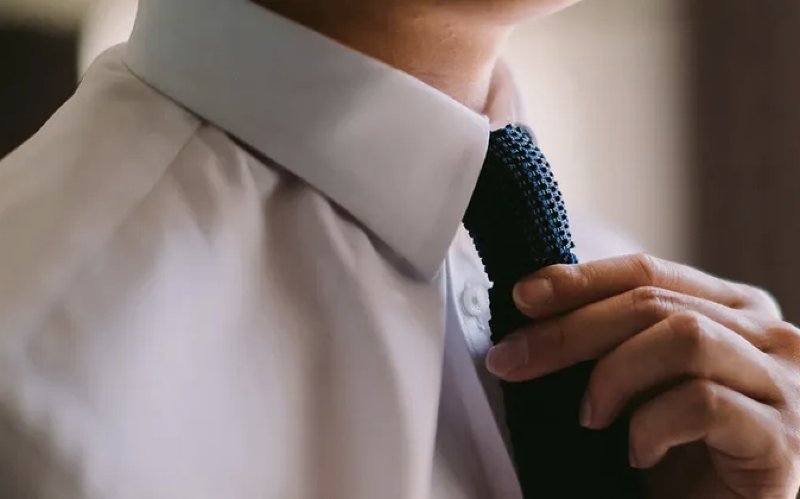
From Science Focus: "Despite being a symbol of smartness and professionalism, neckties may not be so good for your health.They can transmit bacteria from medic to patient more so than a shirt sleeve, and too-tight ties have also been found to increase pressure in the eye, possibly leading to an increased risk of glaucoma. Researchers in a small 2018 study found tight ties could also reduce blood flow to the brain by 7.5 per cent. However, the body has ways of counteracting this change in pressure. Things become more complicated when people have other health issues that lower their ability to cope with such changes, such as those who are obese, smoke or have high blood pressure. If you start to feel headachy, dizzy or nauseous, you should take the tie off."
Sports you never knew existed
Sports you never knew existed pic.twitter.com/U1Eac83QFF
— Interesting (@InterestingsAsF) November 24, 2024
Acknowledgements: I find a lot of these links myself, but I also get some from other newsletters that I rely on as "serendipity engines," such as The Morning News from Rosecrans Baldwin and Andrew Womack, Jodi Ettenberg's Curious About Everything, Dan Lewis's Now I Know, Robert Cottrell and Caroline Crampton's The Browser, Clive Thompson's Linkfest, Noah Brier and Colin Nagy's Why Is This Interesting, Maria Popova's The Marginalian, Sheehan Quirke AKA The Cultural Tutor, the Smithsonian magazine, and JSTOR Daily. If you come across something interesting that you think should be included here, please feel free to email me at mathew @ mathewingram dot com

